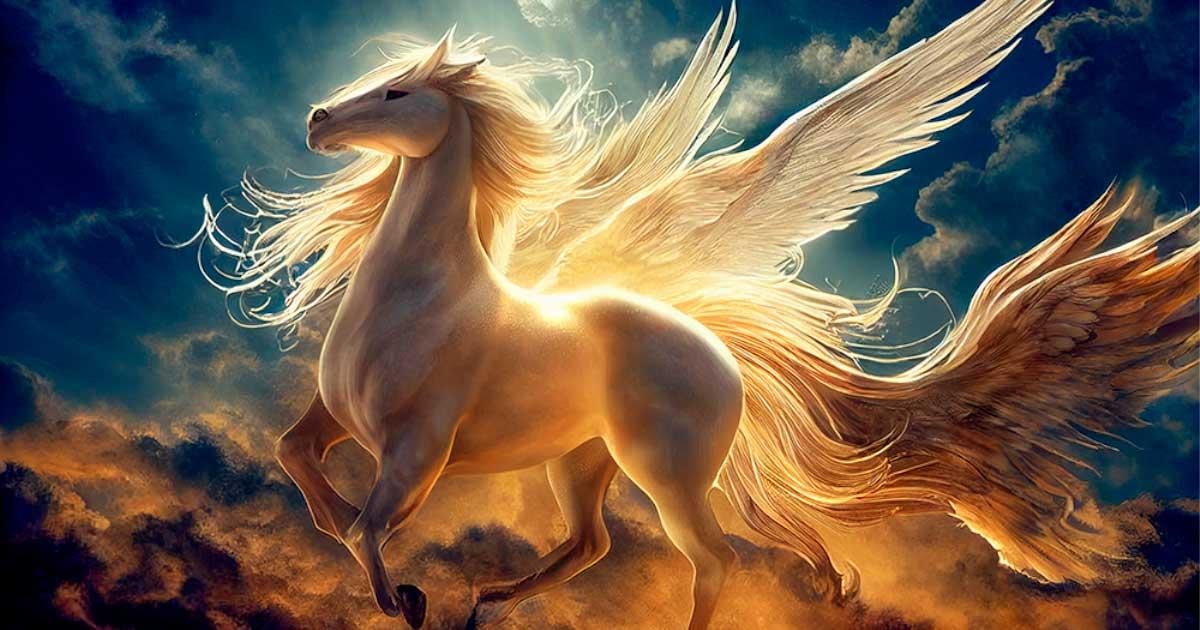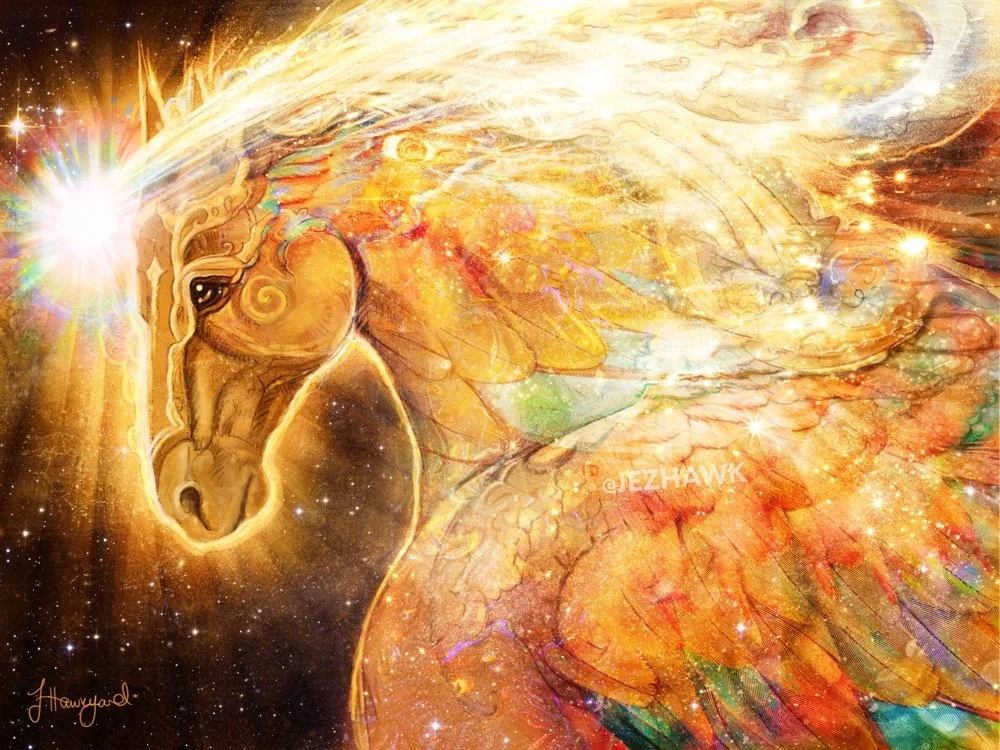Horse Myths & Legends

Horses have been revered and mystified throughout human history, inspiring countless myths and legends across cultures. These stories often reflect the deep bond between humans and horses, symbolizing freedom, power, and mystery.
Common Horse Myths and Their Origins

| Myth or Legend | Origin/Culture | Description |
|---|---|---|
| Unicorn | European | A mythical horse-like creature with a single horn, symbolizing purity and grace. |
| Pegasus | Greek Mythology | A winged divine stallion, born from Medusa’s blood, representing inspiration and wisdom. |
| Sleipnir | Norse Mythology | Odin’s eight-legged horse, known for incredible speed and the ability to travel between worlds. |
| Kelpie | Scottish Folklore | A shape-shifting water spirit often appearing as a horse, luring people to watery graves. |
| The Trojan Horse | Ancient Greece | A wooden horse used as a deceptive tool to infiltrate Troy, symbolizing cunning and strategy. |
Symbolism of Horses in Legends

- Freedom and Power: Horses often symbolize unbridled freedom and strength, reflecting their role in human mobility and warfare.
- Mystery and Magic: Many legends imbue horses with supernatural qualities, such as flight, shape-shifting, or prophetic powers.
- Nobility and Honor: Horses are frequently associated with knights and heroes, representing loyalty and courage.
Frequently Asked Questions (FAQ)
Why are horses so prominent in myths?
Horses have been essential to human civilization for transportation, agriculture, and warfare, making them central figures in cultural stories and symbolism.
What is the significance of the unicorn?
The unicorn represents purity, innocence, and magical healing powers, often appearing in medieval European folklore and art.
Are there real animals behind these myths?
Some myths, like the kelpie, may have originated from real animal behaviors or natural phenomena, but many are purely symbolic or imaginative.
How do horse legends vary across cultures?
While some themes like power and freedom are universal, specific myths reflect the values and environment of each culture, such as the Norse Sleipnir or the Greek Pegasus.
Conclusion
Horse myths and legends continue to captivate us, revealing much about human culture, imagination, and our enduring relationship with these majestic animals. Exploring these stories offers insight into how horses have shaped our history and dreams.
